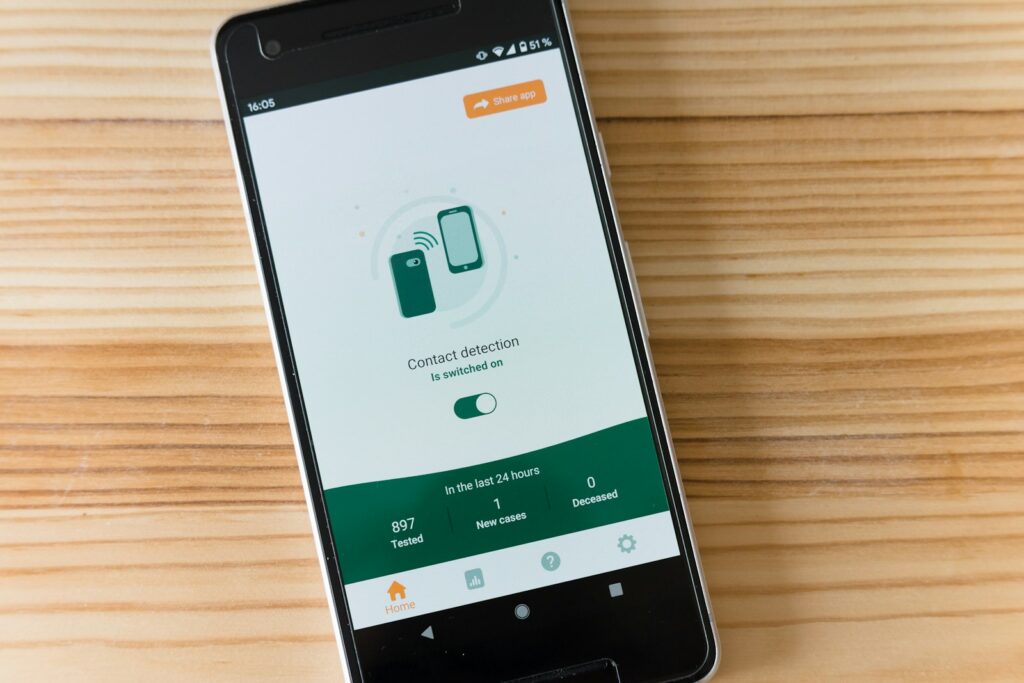A Comprehensive Guide to Intensive Outpatient Programs

A Personal Journey: Understanding Intensive Outpatient Programs
For Max, life had become a series of battles. Addiction took hold of every waking moment. The days were long, dark periods, and the nights offered no solace. He feared losing everything important. His family suggested Intensive Outpatient Programs (IOP). Max found himself in a small, welcoming group setting. Activities included:
- Group therapy sessions
- Individual counseling
- Educational workshops
Through IOP, he learned coping strategies and gained emotional support.
“It saved my life,” Max would later say, reflecting on his experience. Each session felt like a light piercing the darkness that once engulfed him.
In time, hope returned.
Facing the First Steps: Initial Assessments and Evaluations in Intensive Outpatient Programs

The door creaked open as Sarah stepped inside the clinic, her heart a flutter with uncertainty. Nurses greeted her with gentle smiles as she began her journey. The initial assessment is crucial.
- Intake Interview: A thorough interview delves into Sarah’s history and current struggles.
- Physical Exam: A complete physical ensures her body is ready for the rigors ahead.
- Psychological Testing: Standardized tests paint a clearer picture of her mental health.
“Understanding the starting point is key to a successful treatment plan,” the counselor remarked. Through it all, Sarah felt a glimmer of hope blooming.
Custom Paths to Recovery: Crafting an Individualized Treatment Plan
In the serene halls of Evergreen Recovery Center, each patient embarks on a unique journey. Their staff, seasoned in compassion, listens intently to personal stories.
- Initial Assessment: This crucial step delves into medical histories and emotional landscapes.
- Tailored Therapies: From cognitive behavioral therapy to art therapy, options abound.
- Family Involvement: Loved ones often join, anchoring support.
- Regular Evaluations: Continuous adjustments ensure alignment with evolving needs.
“Every recovery path is as unique as a fingerprint,” Dr. Morgan, the lead psychiatrist, often says, reinforcing a commitment to personalized care.
Building Bridges: Therapy Sessions and Group Dynamics
In the heart of Intensive Outpatient Programs, therapy sessions and group dynamics hold pivotal roles. The counselor, a seasoned navigator, guides participants through turbulent waters of emotions.
- Group Therapy: A shared journey where stories intertwine. Everyone’s voice matters.
- Individual Therapy: One-on-one sessions allowing deep dives into personal struggles.
- Family Therapy: Inviting loved ones to mend the fractured bridges.
Participants discover that in their shared struggles, they find connection, understanding, and strength. The blend of individual and group therapies fosters a supportive environment where healing becomes a collaborative effort.
Life Skills and Beyond: Educational Workshops and Practical Tools
In the dimly lit room, participants gather in a circle, pens in hand, notebooks open to a fresh page. They are here for more than just talk therapy; they are here to acquire skills that will propel them forward.
A typical workshop may include:
- Stress Management: Techniques like deep breathing and guided imagery.
- Communication Skills: Role-playing exercises to enhance listening and speaking.
- Time Management: Tools like planners and to-do lists to keep life organized.
- Problem Solving: Structured approaches to tackle daily challenges.
Every session, a new layer of understanding peels back, revealing the potential for a brighter, more controlled life. These are not mere classes; they are lifelines.
Navigating Initial Assessments and Evaluations in Outpatient Programs
Imagine a patient, Alex, navigating anIntensive Outpatient Program (IOP). He finds solace in regular family therapy sessions. His sister’s unwavering support encourages his journey. The facilitators champion family participation, recognizing its crucial role.
In the community, local resources become lifelines.
- Support Groups: Weekly meetings with peers experiencing similar struggles.
- Workshops: Educational sessions by nonprofits.
- Hotlines: Immediate assistance, staffed by trained volunteers.
These resources extend vital support. Alex takes part in a weekend art therapy group. Each brushstroke on the canvas adds color to his recovery path.
Intensive Outpatient Programs & Measuring Progress: Outcome Tracking and Continuous Improvement
In the land of Intensive Outpatient Programs (IOPs), frequent check-ins mark the path to recovery. Clinicians employ various tools to gauge client progress:
- Session Evaluations: Regular feedback from clients on session effectiveness.
- Goal Assessments: Tracking personalized objectives set during intake.
- Standardized Tests: Administering proven assessments to measure mental health status.
- Peer Reviews: Incorporating insights from group therapy to refine strategies.
These methods create a feedback loop.
“Improvement begins with an honest assessment,” proclaim the clinicians, always ready to adjust approaches based on data.
By continuously tracking outcomes, IOPs ensure tailored, evolving treatment plans.
Life After Intensive Outpatient Programs: Transitioning and Long-term Strategies
Once the shadows of intensive outpatient programs begin to recede, clients face the dawn of a new chapter. Transitioning smoothly is crucial. Regular follow-ups can act as a compass, guiding them through unexplored territories. Structured routines replace the chaos of unstructured moments.
Support Systems:
- Leaning on friends and family.
- Engaging with community support groups.
Healthy Lifestyle Choices:
- Prioritizing balanced nutrition.
- Maintaining a regular exercise regimen.
Skills Development:
- Continued therapy or counseling.
- Engaging in hobbies or new activities.
“The journey is never truly over; it transforms.”
Intensive Outpatient Programs Additional Resources
If you are interested in learning more about mental health treatments in IOPs, the following external resources may be helpful:
- Substance Abuse and Mental Health Services Administration (SAMHSA): Visit SAMHSA.
- National Institute of Mental Health (NIMH): Provides detailed insights into various mental health conditions and available treatments. Explore NIMH resources.
- American Psychiatric Association (APA): Features guidelines and practice resources for managing patient care in outpatient settings. Learn from APA.